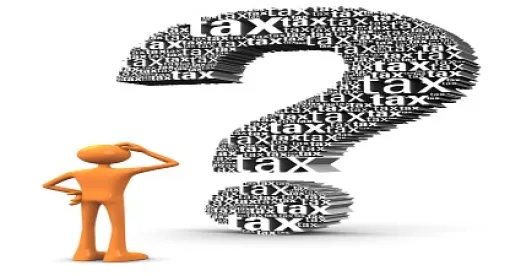Victorian Government Announces Housing Initiatives
The Victorian Government has announced a number of significant housing related duty and tax initiatives to be introduced later this year, including:
-
changes to the off-the-plan stamp duty concession
-
abolition of stamp duty for some first home buyers
-
changes to the first home owner grant for regional Victoria
-
a new tax on vacant residential property in Melbourne.
As the State Taxation Acts Amendment Bill 2017 (Vic) (Bill) has not yet been released, full details of the proposed changes are not yet known.
Changes to the off-the-plan duty concession
The Government's announcement states that it intends to change eligibility for the off-the-plan stamp duty concession so that the concession will only apply to purchasers who qualify for:
-
the principal place of residence stamp duty concession (currently available for purchases with a dutiable value of between AUD130,000 and AUD550,000)
or
-
the first home buyer stamp duty exemption/concession (currently available for purchases with a dutiable value of between AUD130,000 and AUD600,000 – the exemption is proposed for purchases with a dutiable value of up to AUD600,000, with a concession proposed for dutiable values between AUD600,000 and AUD750,000 as outlined below).
It is not presently clear whether the concession will still apply to purchasers who intend to live in the property, where the dutiable value is above these thresholds. This is a key issue and we eagerly await the release of the Bill in this regard.
The concession will no longer be available for other purchases, such as residential investment properties and commercial properties. It will also not be available to foreign purchasers.
The change is intended to apply to contracts entered into on or after 1 July 2017. It is not clear whether the change will apply to contracts entered into before 1 July 2017, where the purchaser nominates a substitute purchaser after 1 July 2017.
Stamp duty abolished for some first home buyer
Stamp duty is proposed to be abolished for purchases of both new and existing properties under a dutiable value of AUD600,000 by eligible first home buyers. First home buyers purchasing a property with a dutiable value between AUD600,000 and AUD750,000 will also receive a tapered concession applied on a sliding scale.
The exemption and concession are proposed to apply to contracts entered into on or after 1 July 2017.
Doubling of first home owner grant in regional Victoria
The Government also intends to increase the first home owner grant from AUD10,000 to AUD20,000 for new homes built in regional Victoria and valued up to AUD750,000.
The change is proposed to apply for contracts entered into between 1 July 2017 and 30 June 2020.
No increase is proposed for eligible first home buyers of new homes in metropolitan Melbourne, who will continue to receive the current grant of AUD10,000.
Vacant residential property tax in Melbourne
The Government has also announced that it intends to introduce a vacant residential property tax on residential dwellings that are vacant for more than a total of six months in a calendar year.
Owners of vacant residential property will be required to notify the State Revenue Office of any vacant properties that they own. The State Revenue Office will also undertake monitoring and compliance activities.
The tax will apply annually at a rate of 1 per cent of the property’s capital improved value and will be payable on a calendar year basis.
The tax will only apply to properties in the inner and middle suburbs of Melbourne, including the municipalities of Banyule, Bayside, Boroondara, Darebin, Glen Eira, Hobsons Bay, Manningham, Maribyrnong, Melbourne, Monash, Moonee Valley, Moreland, Port Philip, Stonnington, Whitehorse and Yarra.
A number of specific exemptions from the tax are proposed, including for:
-
holiday homes owned by those with a principal place of residence in Australia
-
city dwellings used for work purposes
-
properties in deceased estates
-
dwellings subject to legitimate temporary absences, such as medical care or overseas appointments.
The tax is intended to apply from 1 January 2018.
Next Steps
The Government and the State Revenue Office will release more detailed information on these proposed changes in the coming months.





 />i
/>i
